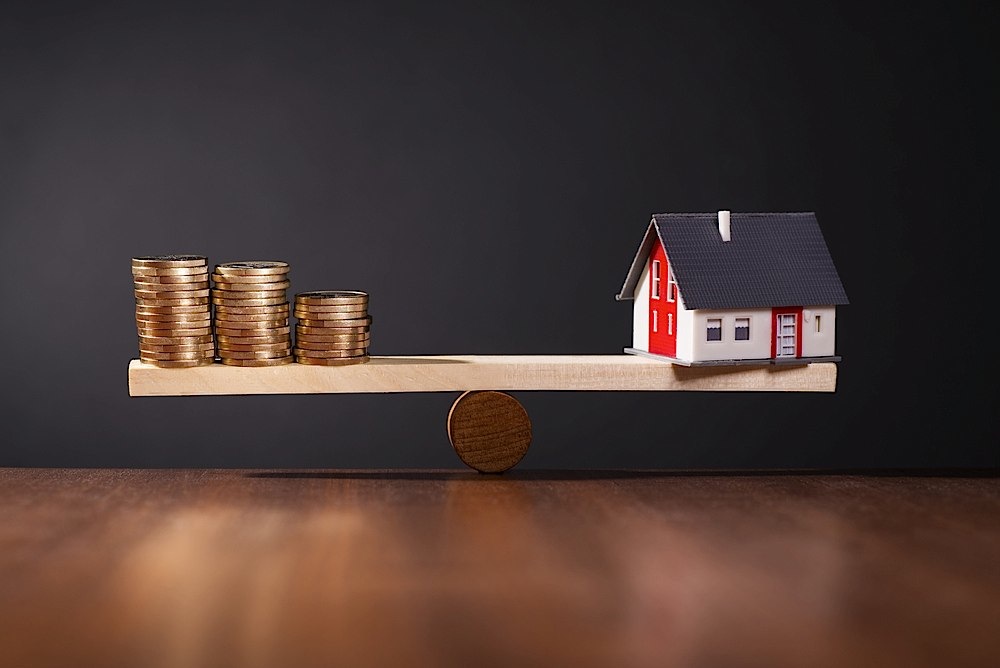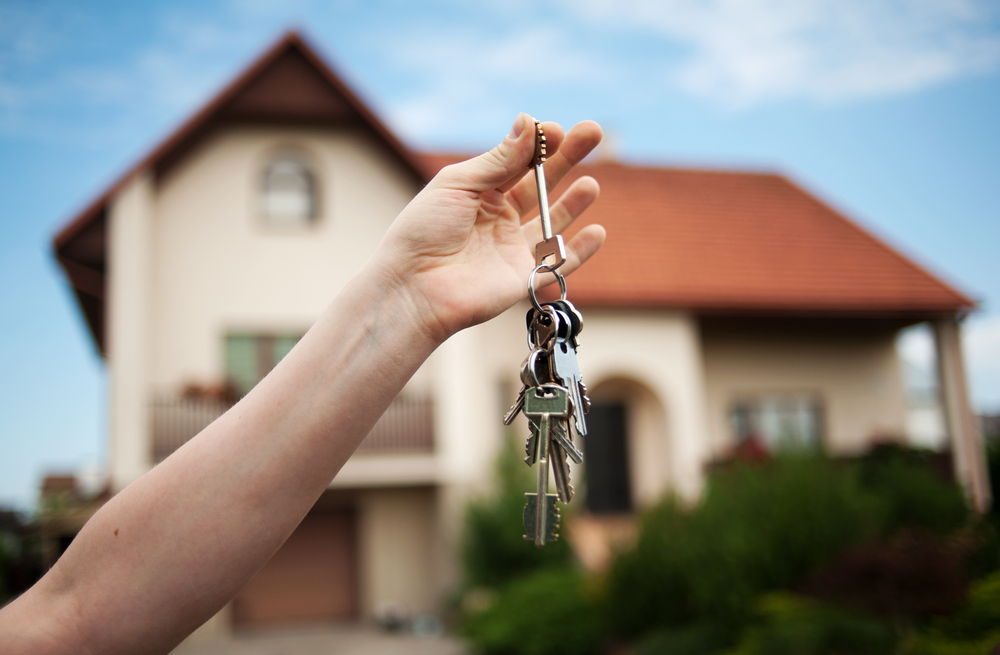One of the biggest differences between average investors and great ones is their ability to quickly evaluate a property. The great investors can walk into a new listing and within minutes know what they want to offer, what they anticipate spending and what the expected after repair value will be. Getting to this point takes time. If you are new to the business you may have to look at dozens, sometimes hundreds, of properties before you truly feel comfortable. Once you master this skill you can use it to save time, make better offers and increase your bottom line on every deal. Regardless of where you are in your real estate business here are a few tips to help you improve your property evaluation skills.
- Develop A System. If you are unsure how to begin your property evaluation you should start by making a checklist and developing a system. Without a firm system in place you will enter a new property without any real direction. A checklist gives you a sort of roadmap for what steps you need to take and which items you need to look for. At this point you are not looking to assign a value. You are simply looking for defects and potential issues. Start with the exterior of the property and work your way inside. Look for issues with the foundation, roofing, siding, walkways and windows. You should also make note on any major landscaping improvements that will be needed. From there move to the inside of the property. It is important to avoid the cosmetic items and look for bigger issues. Cosmetic items are typically an easy fix. The big ticket items such as the furnace, water heater, mold, plumbing and electrical will be much more costly. Your system and checklist should be unique to you. Until you feel more comfortable use this checklist on every new property you see.
- Start Small. There are many different kinds of properties in several different markets. It can be very overwhelming trying to master all of them. Instead of running to every new property that hits the market narrow your focus and start small. Pick a small handful of local areas and select a specific type of property. If single family properties are abundant in the area this should be your target. By evaluating a small number of properties you will retain much more information. Instead of spending time driving from listing to listing you can spend that time researching which items truly add value. Like anything else the more properties you evaluate the better you will become. Instead of casting a wide net start by choosing a specific market area.
- Review Transactions. In order to sharpen your property evaluation skills you need to work at them. Start by reviewing property transactions from the MLS, online real estate valuation sites and even your local tax assessor’s office. The first, and most obvious, item you will see is the sales price. Obviously this is important but you need to know how it got there. Look for specific features of the property including property style, square footage and room count. Don’t be influenced by amenities such as a pool or movie room. While you may personally like these not every buyer feels this way. Certain amenities in certain areas are in higher demand. Look for a consistent pattern in the properties that sell and which features they have. Don’t just skim through the comment section on the MLS listing. Read everything you can find on the listing as well as any information you can find on the website. This exercise will give you a good idea of how a market determines value.
- Build Your Team. There are several people you can lean on to help with property evaluation. Perhaps the most important member of your team is your real estate agent. A good real estate agent has direct knowledge of all recent property transactions. They may have seen the property first hand and possibly discussed the listing with the selling real estate agent. They look at several different properties before they decide to list a property at a specific price. You can work with your real estate agent to help answer any questions about value you may have. Don’t be afraid to ask questions on how they came up with value on a specific property. They understand that they more comfortable you are the better chance of working together on a deal in the future. You can also reach out to local property inspectors or appraisers. An appraiser also knows the market on a personal basis. If you can pick their brain you will have a better understanding on what influences value.
- Open Houses. To truly get an understanding of value you need to look at what is out there. Every chance you get you should attend local open houses. Look at the subtle nuances that separate houses inside the market. Keep an eye out for properties that are recently rehabbed. This may be your direct competition. Looking at real properties will quickly accelerate your learning curve. Instead of guessing at what a value may be you have physical evidence. If you can dedicate a few hours every weekend to looking at properties and studying value you will quickly gain a feel for what goes into it.
The sharper your property evaluation skills are the easier the real estate business becomes. Instead of guessing where your value will be you already have a good idea before you make an offer.






